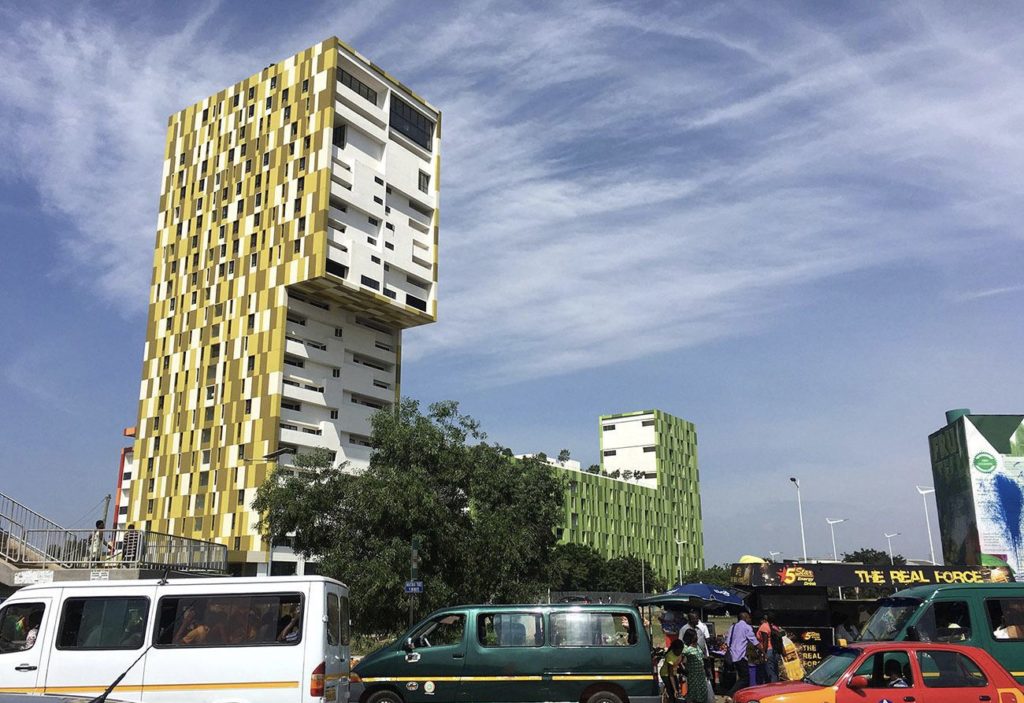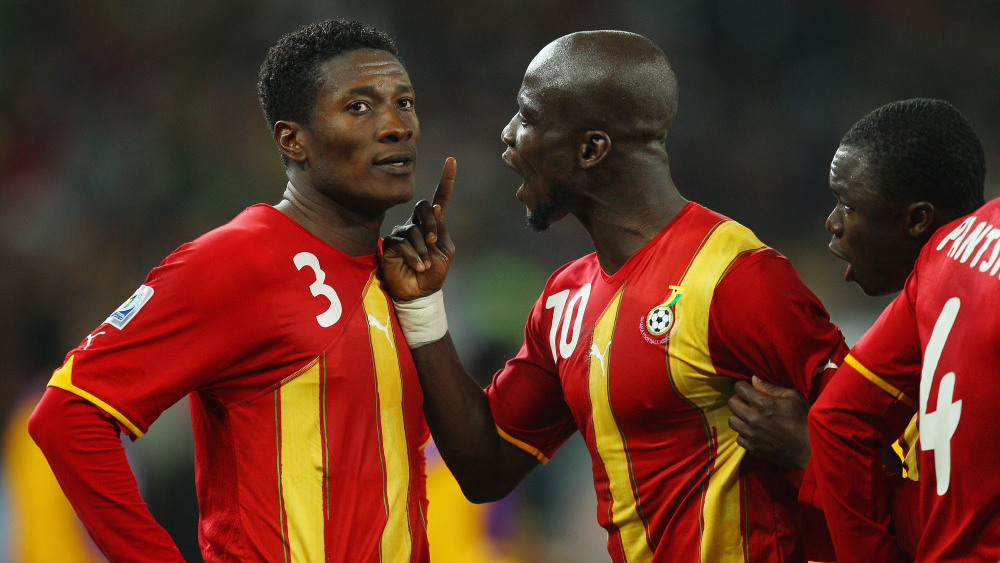African Cities must be Regionally Productive, Worldwide Connected, and Self-reliant
The success of any country is dependent on the collective behaviour of the nation. Generally, the people’s work commitment, attitude, and hard work help determine their financial profile. However, it’s difficult to determine what should be the direction of efforts. Here we present a secret recipe for leading Africa to an unmatchable success. This secret is, that African cities must be, Regionally Productive, Connected worldwide, and Self-reliant. The development of any country is dependent on the production capacity and optimization of economic activities. This capacity needs to be aligned with modern infrastructure and be self-reliant in terms of resource utilization and foods production. This model can be applied for Africa to develop. However, this approach is only effective when we collectively put in our efforts and ensure each step of the process is taken with due consideration. For Africa to develop, we need to rework our cities to enhance productivity in different aspects of human life. Let’s understand how this productivity can be achieved and what practices need to be followed. We need to make Africa productive: productive in terms of economic stability; productive in terms of resource utilization; productive in terms of increasing exports and the GDP of the country. Regionally productive refers to optimizing processes leading to higher output against limited input. It’s about creating an ecosystem that encourages skills, competence, integrity, and technological advancements in the country. In simple words, we need to review how things are made in our country, the problems with the supply chain, the frictional forces leading to production losses, and how things can be controlled to ensure economic reforms. Further, productivity can be divided into two main parts: economic productivity and labour productivity. Economic productivity is based on getting maximum output with limited input. It can be done via process optimization and efficient resource utilization. Process optimization means introducing some innovation/changes in the overall production process to ensure all controllable aspects are monitored and managed. So, it aims to achieve production by incurring the least cost and not compromising the quality aspects of the product. This process aims to produce products at a low price, making them attractive to the international market. Hence, it’s expected to increase exports and durable economic stability. It’s equally important to note that durable economic stability cannot be achieved without exporting outside of the country. The second component of productivity is labour initiatives. This refers to the efficiency of the labour to work and achieve optimal production levels. If labour is productive, more goods will be produced in a limited time. This can be achieved by implementing training, production reforms, technological advancements, and achievement of the learning curve to ensure long-term financial sustainability. A learning curve is when labour gets proficiency in the performance of the task. It helps ensure that the business gets desired productions in a limited time. Considering the demographics and energetic people of Africa, taking timely steps to train (re-skilling and up-skilling) our people can be an excellent step towards achieving a learning curve. Further, a greater advantage of this efficient and effective labour management, is higher wages (leading to financial prosperity); lower product price(efficient production can lead to lower product costing); higher business profit (skilled labour is expected to improve product quality and enhance the business); and overall stronger economic growth. Another perspective of being productive is the integration of the different industrial processes. For instance, for a successful export, the business needs to source materials, labour, processes, transportation, energy/fuel, competent staff, and comply with regulations and other aspects of running and effectively operating the business. Process optimization is about managing operations so that the process is completed quickly with the least resource wastage. Likewise, there is a need to develop a strong mechanism for a transportation system, energy consumption, and regulatory reforms. Regulatory reform is an area where African Governments have a massive role to play. Although, Ghana has a good rating in terms of starting a business and getting electricity which is 85 and 77 respectively, (statistica)however, there is a massive need to improve trading across borders and enforcing of contracts. Trading across borders refers to procedural formalities for imports and exports. This metric is divided into three sub-categories: domestic transport, border compliance, and documentary compliance. The Government of Ghana needs to thoroughly work on these aspects to ensure ease of doing business. Enforcing a contract refers to the cost and time required for resolving commercial disputes. There is a need to work on the quality of judicial processes and make the overall process effective and efficient. So, taking steps in terms of business process optimization, economic stability, constructive infrastructure, improving judicial reforms, and import/export formalities is expected to bring productivity to the overall business environment of Africa. A good idea can be to start by developing some model city where all such facilities are provided to the business. From time to time, such initiatives can be spread across the country. So, to make Africa productive, we need to enhance the productivity of our cities. Ideally, the test city would need to have several coherent similarities with many other African cities to allow for the most learning and interactions that can more easily be replicated across the continent. Worldwide connectivity is the basis of the country’s international trade and export performance. If routes and connections of the country with an international market are strong, it leads to higher exports and higher GDP. There are two aspects of looking at worldwide connectivity. The first is the logistics perspective, and the second is international affiliation and trading associations. The logistics perspective refers to how businesses can streamline overall supply chain management. It includes order handling, managing production, inventory management, packaging, storing, and efficiently dealing with the process of exports clearance. For export clearance, there is a need to maintain a standard of procedural compliance as a protocol for the shipping companies and compliance with an international trade norm. From a logistics perspective, 38 out of 54 states in Africa have a coastal region with
African Cities must be Regionally Productive, Worldwide Connected, and Self-reliant Read More »



